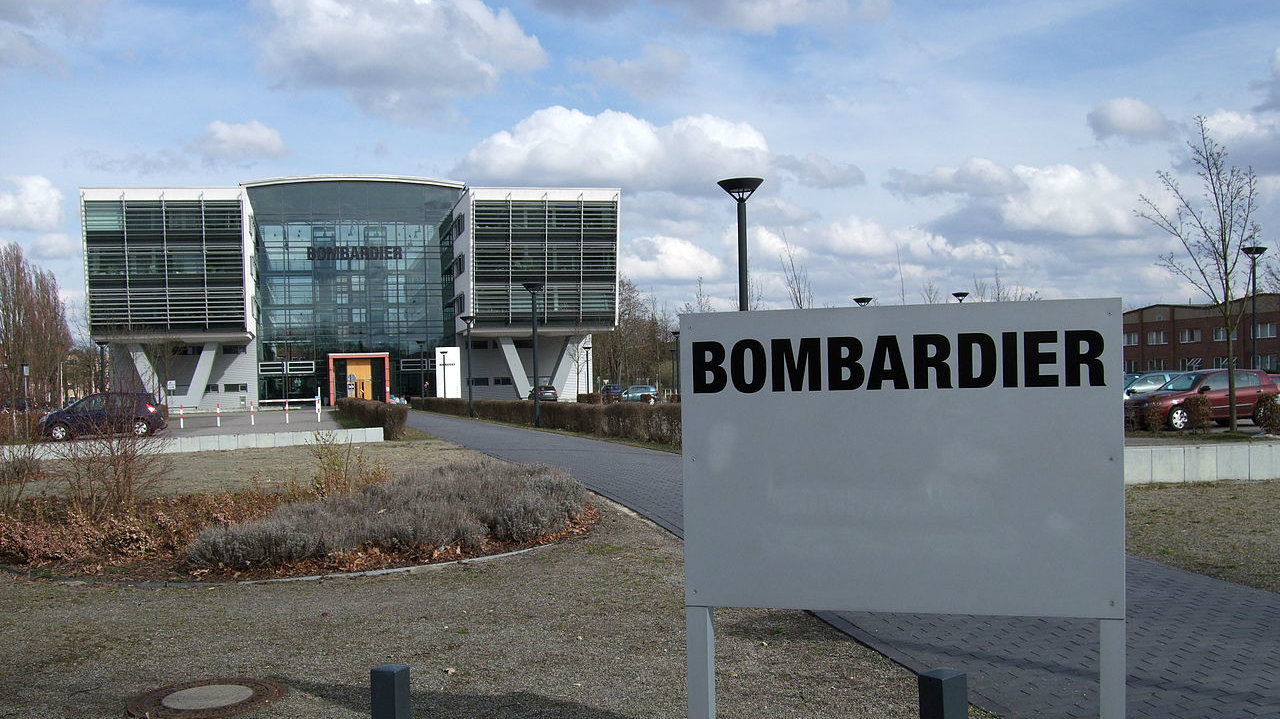Shares of Bombardier, Inc. (TSX:BBD.B) were down 4.86% at the end of closing on October 25, but the stock has gained 28% month over month. The change of fortunes was due to a landmark deal struck between Bombardier and the European multinational Airbus. Bombardier agreed to sell a majority stake in its CSeries passenger jet to Airbus. The latter has argued that it will be able to pass over 300% duties imposed by the U.S. Department of Commerce on sales of the jet.
Bombardier and the Quebec government will reduce shares in the CSeries Aircraft Limited partnership to 31% and 19%, respectively. Airbus will also have the option to purchase shares owned by the Quebec government two years after the closure of the deal and a further opportunity to purchase the remainder owned by Bombardier at a later date.
The online German business newspaper Handelsblatt praised the “clever” move from Airbus that managed to “sideline” Boeing Co. (NYSE:BA). Interestingly, one of the initial justifications for Boeing’s aggression was its concern that Bombardier could encroach on its market the same way Airbus had. Now Boeing faces a strengthened rival and its months-long campaign has gone up in smoke. It also appears to signal deeper trade and economic ties between Europe and Canada. If NAFTA is scuttled, we could see this relationship grow even stronger.
Sources close to Boeing say the company remains unconcerned in the aftermath of the announcement. The duties will remain in effect, and the U.S. Department of Commerce remains committed and will no doubt explore other avenues in spite of the confidence from Airbus that it will find a legal workaround.
Bombardier has managed to overcome a major obstacle with an unexpected maneuver. The move has met with some opposition from politicians in Quebec, who are concerned that the $1.3 billion bailout the province provided is now being utilized by a European company with a majority share. Portions of the operation will also be moved to Mobile, Alabama, which has raised concerns that Bombardier workers could experience drawbacks from the deal.
Bombardier previously flirted with the German conglomerate Siemens earlier this year. For a time, it appeared a deal was imminent and that the companies would merge railway businesses. Siemens opted instead to merge with French multinational Alstom.
Airbus will offer improved coverage of maintenance and repairs on the CSeries, which could lead to higher sales over the next few years. So far, Bombardier has managed to sell 300 units. Airbus claims it was seeking access to small- and medium-sized aircraft, and this provided it with the perfect opportunity. Global demand for this type of aircraft has been projected to be up to 30,000 units. Bombardier and Airbus hope to cover 6,000 units with the CSeries.
In its second-quarter results, Bombardier posted revenue of $4.1 billion. EBIT before special items was up 55% to $164 million from the previous year. The company also expects its ultra-long range Global 7000 series to hit the market by the middle of 2018. Bombardier will release its third-quarter results on November 2.








